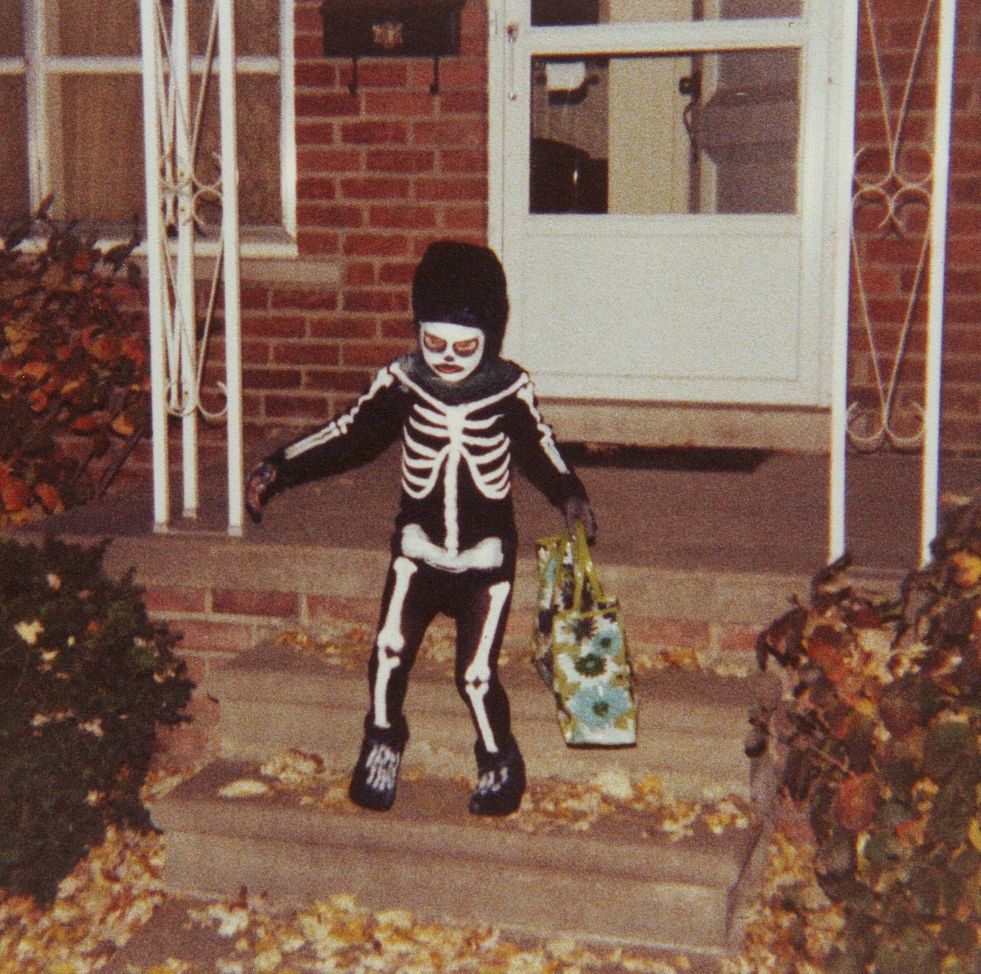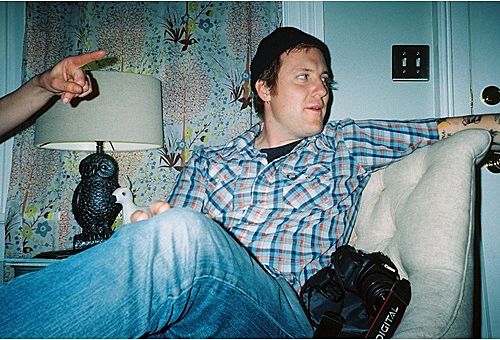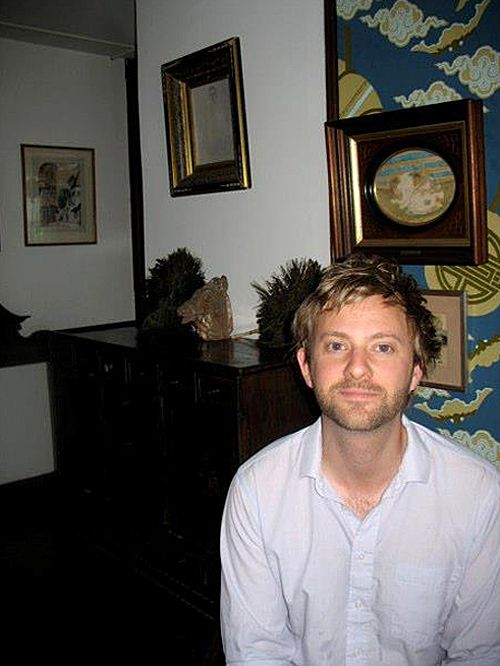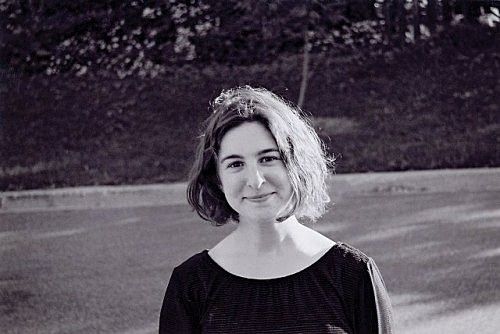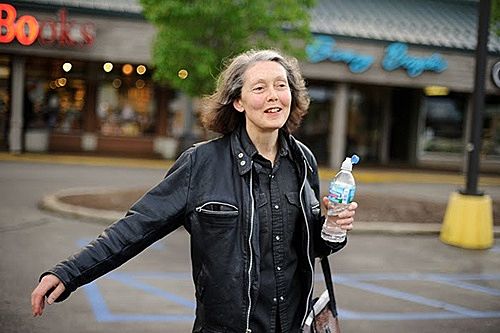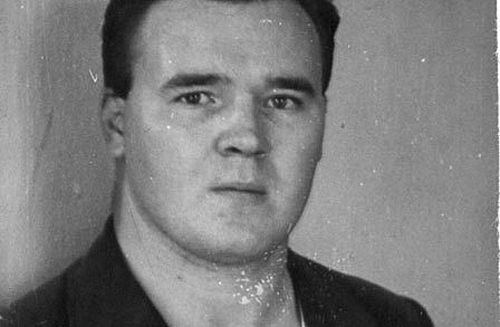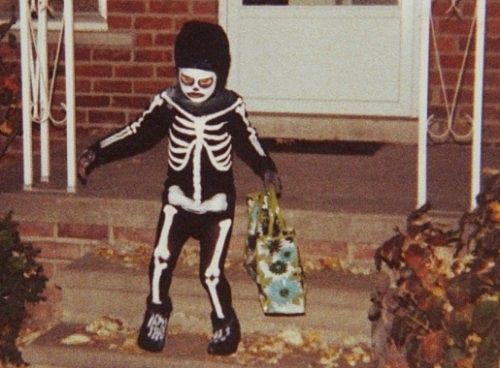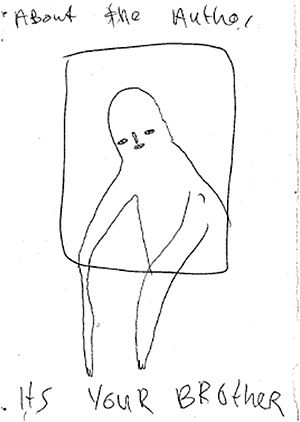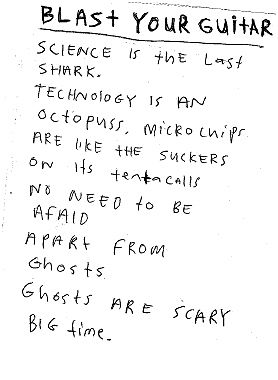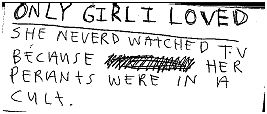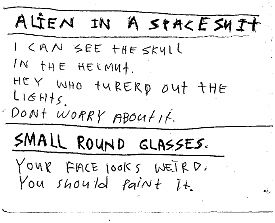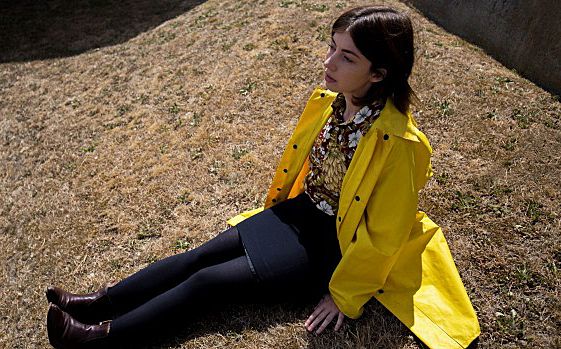Eight Contemporary Poets I Love and Two Dead Guys II
Continuing on from Part I, Hera shares five more poets who have shaped the way she thinks about poetry, plus two incredible bonus rounds.
In Part I, Hera Lindsay Bird busted some common misconceptions about poetry and discussed four contemporary poets she loves and one dead guy. In Part II, she introduces us to four more poets and one more dead guy.
Zachary Schomburg
The Fire Cycle is a poem I love by a poet I don’t. Although I like Zachary Schomburg’s work, there are poets I would have chosen before him for this list. But the poets who are absent from this list (namely John Ashbery , TheSurrealists and WallaceStevens) are mainly absent because I was trying to focus on contemporary poetry, and none of the above need their initials carved any deeper into the canon. But whatever my reservations about ZS (which are mainly stylistic) I love this poem like crazy, and I wanted to include it because it was the first poem that really made me fall in love with poetry.
The Fire Cycle
There are trees and they are on fire. There are hummingbirds and they are on fire. There are graves and they are on fire and the things coming out of the graves are on fire. The house you grew up in is on fire. There is a gigantic trebuchet on fire on the edge of a crater and the crater is on fire. There is a complex system of tunnels deep underneath the surface with only one entrance and one exit and the entire system is filled with fire. There is a wooden cage we’re trapped in, too large to see, and it is on fire. There are jaguars on fire. Wolves. Spiders. Wolf-spiders on fire. If there were people. If our fathers were alive. If I could find our daughter. Fire to the edges. Fire in the river beds. Fire between the mattresses of the bed you were born in. Fire in your mother’s belly. There is a little boy wearing a fire shirt holding a baby lamb. There is a little girl in a fire skirt asking if she can ride the baby lamb like a horse. There is you on top of me with thighs of fire while a hot red fog hovers in your hair. There is me on top of you wearing a fire shirt and then pulling the fire shirt over my head and tossing it like a fireball through the fog at a new kind of dinosaur. There are meteorites disintegrating in the atmosphere just a few thousand feet above us and tiny fireballs are falling down around us, pooling around us, forming a kind of fire lake which then forms a kind of fire cloud. There is this feeling I get when I am with you. There is our house burning like a star on the hill. There is our dark flickering shadow. There is my hand on fire in your hand on fire, my body on fire above your body on fire. There are tongues of ash. There are rocks on a private and distant uninhabitable planet. There is our whole life ahead of us.
Christopher Deweese
Christopher DeWeese is a new discovery for me but he’s quickly eclipsing most of my old favorites, like an evil sun withering ancient stars. I discovered him by downloading his e-chapbook from Blue Hour Press, a great publishing company that put out a bunch of amazing poetry chapbooks downloadable for free. The brain machinery behind these poems reminds me a lot of Mark Leidner, but his poems have quite a different trajectory. To me, Leidner’s conclusions always feel simultaneously astonishing and inevitable, whereas I’m never quite sure where I’m going to end up when Chris DeWeese is steering. His poems are more uncertain, and occasionally feel unsafe to inhabit, which sounds like a criticism but isn’t. This poem contains some of my favourite lines of all poetry ever. Download his chapbook herefor free!
When you wish at the wrong time,
it’s called a negative wish.
Like say you’re a tall guy
staring down from some intermediate clouds
at a digital clock.
You wish for peace or a sweet bicycle,
but fifteen wars just started
in your tiny backyard.
You can hear the rocks eroding back there.
You left your bicycle outside all winter:
it’s covered in moss
like a parade float
designed for atrocious hippies.
Or let’s say you’re dead
and you wish for everybody to be dead.
It would be just like living!
Ethically, this might be reasonable,
but you wish savagely,
your fingers crumbling tea wafers.
The barbed wire drapes,
the skull-and-pestle.
Like pulling a wishbone
while the animal is still alive,
the abstractions suddenly stiffen,
materialize over bloody hands.
You’re standing in the kitchen,
humming show-tunes
written in the conditional
concerning what to do with wealth,
a tree we’d all swallow.
There is an electronic bird
you hear through open windows
from all the way downtown.
You’re blind, but it’s okay.
You can walk now.
Amanda Nadelberg
Amanda Nadelberg is a poet it took me a long time to discover, because I have this Word document of poetry I love, copied from online journals, and one of my favourite excerpts from her work, reproduced below, had accidently been attributed to another poet:
We come here to understand
especially little things.
Two birds are dancing.
Can you hear their
wings brushing on the
hallway floor? It is like
tiny imaginary sweetness.
Like the part of a shadow
intended only for sound.
Look look look look
look look look,
you can see it!
It’s unusual for me to select this kind of poem because my taste usually veers towards poetry where sound doesn’t interrupt sense. The language in this poem is like a trip wire, every time you think you know where you are within a sentence, the sentence flips you. I’m also not usually a fan of the madlib school of poetry, where nouns are interchangeable, but I love this poem a lot, and I think in the best tradition of the surrealists, the connections in this poem make emotional, if not literal sense. It’s the kind of poem that doesn’t wear thin, that seems to shift each time I return to it. And despite this poem’s moving staircases and trip wires, I still feel like there’s a seamlessness to this poem, and a sense of momentum that always carries me effortlessly through, like the world’s saddest waterslide.
Like a Tiny, Tiny Bird That Used to Make Us Happy
I am the little departing song
and just like that there’s this.
One more time, a house isn't a house
but a home, how a body and a body just
happen. Lying in the false woods of
a room, faces go empty-empty reason,
a non-broken man-these bright brave
phenomena like complete reverie. The
bride and groom were shivering, it
actually started to snow. The shadow
of the mind stood up, changed tables,
like a plane I was coming and going.
Furniture happening places it shouldn’t,
blank bodies on the wrong half of the
world, we don’t know what to do. The lake
and fields quiet broken for winter
but you are still worth thinking, and so
in the tiny century of my mouth
I see you sitting in a window holding
forth, charming the backpacks right
into the night. There were no thoughts
before feet appeared, there was no
time for mapping. The floor of the river
answered the phone, took a message-
the fire smelled of peanuts, the telephone
like stars-it was forever ago dear friend,
you beast, and still I won’t let go.
Anne Carson
I don’t even know what to say about Anne Carson. Anne Carson is the last word in astonishing. She’s more natural phenomenon than poet. There are many aspects of her work that are worth noticing, but what first struck me about her writing was her use of image. She has this uncanny ability to describe things in a way that is deeply surprising yet profoundly right. I have never been a big reader of classics or biography, but I would read the phone book if Anne Carson had a hand in it. In her introduction to Short Talks, she says “I will do anything to escape boredom. It is the task of a lifetime. You can never know enough, never work enough, never use the infinitives and participles oddly enough, never impede the movement harshly enough, never leave the mind quickly enough.”
Town of the Dragon Vein
If you wake up too early listen for it.
A sort of inverted whistling the sound of sound.
Being withdrawn after all where?
Does all the sound in the world.
Come from day after day?
From mountains but.
They have to give it back.
At night just.
As your nightly dreams.
Are taps.
Open reversely.
In.
To.
Time.
Emily Town
"Riches in a little room."
Is a phrase that haunts.
Her since the voltage of you.
Left.
Snow or a library.
Or a band of angels.
With a message it.
Not what.
It meant to.
Her.
Sylvia Town
The burners and the starvers.
Came green April.
Drank their hearts came.
Burning and starving her.
Eyes pulled up by roots.
Lay on the desk.
Town of My Farewell to You
Look what a thousand blue thousand white.
Thousand blue thousand white thousand.
Blue thousand white thousand blue thousand.
White thousand blue wind today and two arms.
Blowing down the road.
James Wright
James Wright was an American poet, born 1927. I don’t think any of the featured poets need elucidation or fanfare, but of all the poets on this list, I’m most wary of disturbing James Wright’s silence. So I’m going to step away, and leave him to his haunting.
Autumn Begins in Martins Ferry, Ohio
In the Shreve High football stadium,
I think of Polacks nursing long beers in Tiltonsville,
And gray faces of Negroes in the blast furnace at Benwood,
And the ruptured night watchman of Wheeling Steel,
Dreaming of heroes.
All the proud fathers are ashamed to go home,
Their women cluck like starved pullets,
Dying for love.
Therefore,
Their sons grow suicidally beautiful
At the beginning of October,
And gallop terribly against each other’s bodies.
.
Lying in a Hammock at William Duffy's Farm in Pine Island, Minnesota
Over my head, I see the bronze butterfly,
Asleep on the black trunk,
Blowing like a leaf in green shadow.
Down the ravine behind the empty house,
The cowbells follow one another
Into the distances of the afternoon.
To my right,
In a field of sunlight between two pines,
The droppings of last year’s horses
Blaze up into golden stones.
I lean back, as the evening darkens and comes on.
A chicken hawk floats over, looking for home.
I have wasted my life.
BONUS ROUND: CHILDREN
I first started collecting kid’s poetry after going through some old papers and finding a poetry collection that our primary school put together. I was immediately struck by this one kid’s poem reproduced below:
Thoughts
Hangliders flying through the sky
Like Star Trek
Voyager.
— Leslie Rangitutia
When talking about poetry written by kids, it’s easy to sound condescending, and although there are many thing about this poem that I find extremely funny (mainly the title, and the line break between Star Trek and Voyager, as if the addition of Voyager was some kind of epiphanic moment that needed space to resonate) you have no idea how badly I want to have written these lines. (Also, the world’s most amazing poem title, “I love everything and dogs.”) Instead of whole poems, I have included some of my favourite lines from children’s poetry (some of which are taken from the wonderful Kenneth Koch’s essay on kid’s poetry “Rose, where did you get that red?”
I used to have a hat of hearts but now I have a hat of tears
I used to have a dress of buttons but now I have a name of bees . . .
— Ilona Bahurka, grade 3
Well, you see, Carmen ate the prettiest rose in the world and then just then the great change of heaven occurred and she became the prettiest girl in the world and because I love her.
— Chip Wareing, 5th grade, PS 61
I don’t/ sound like Lil’ Wayne./ I could be/as old as 1962.
— Juan from Del Valle Middle School
and there are slow colors in space
— Eric from Winn Elementary
BONUS ROUND BONUS ROUND
\
Every year my brother writes me a poetry book, and every year it’s amazing. My brother is 22. He is a genius.
Here is where I do the bulk of my reading:
the poetry foundation | glitterpony | notnostrums | absent | caketrain | jubilat
no tell motel | octopus | shampoo | coconut | la petite zine
